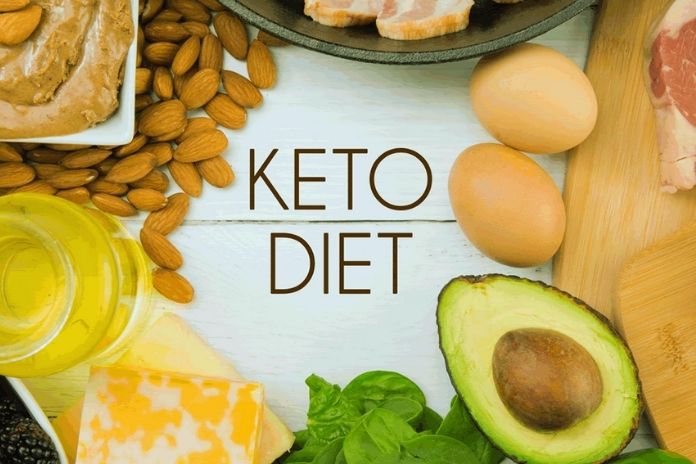Carbohydrates are always seen as the villain of food, so, when possible, most people who want to lose weight look for solutions to cut carbohydrates from meals. It is with this desire that the ketogenic diet gains more and more space in the famous routine.
Have you ever heard about this type of food, how it works and what foods are allowed? So learn a little more about the ketogenic diet and understand why you grew!
What Is The Ketogenic Diet?
Carbohydrates are a rich source of energy for people because when ingesting foods from this group, they are transformed into glucose (the primary energy substrate) and become fuel for your body. However, have you ever stopped thinking that having another energy base for your body is possible?
This is the purpose of the ketogenic diet because there is a drastic reduction in carbohydrates, and the most significant source of energy comes from fat; that is, there is an increase in these foods to meet the needs of those who follow this type of menu.
To realize how high fat this diet is, a person’s diet during this period amounts to up to 90% of this food group, while the other 10% is carbohydrates. In other words, it’s a considerable drop that impacts the routine of those with this type of menu on several levels!
In this way, it is essential to know a little more about the structure of this diet and how the effects will affect your body; after all, the ketogenic diet completely changes your daily meals.
Releasing Energy To The Body
You must be thinking, how is it possible to have energy for the day with this food?
It’s simple: the body will get this energy source from the fat in the diet or from the fat stored in the body. That’s why some people significantly drop in weight, as the energy reserve will be used to keep the body active.
And to be effective and keep the body working, the fat will go to the liver, where it will be degraded into ketone bodies; that is, here you should already have an idea why the diet is called a ketogenic diet! With this diet, the body is in a state of ketogenesis.
Another interesting point is that the ketogenic diet helps in the release levels of ghrelin, a hormone responsible for appetite. In this way, it is possible to have a considerable reduction in hunger as the body adapts to food needs.
Foods Allowed On The Ketogenic Diet
Now that you understand how this diet works, you must be curious to know which foods are allowed. In this case, dairy products, meats, and fruits rich in fat and water are permitted. You can have on your menu:
- Olive oil.
- Butter.
- Fruits like avocado and coconut (are high in fat).
- Fruits such as strawberries and apples (they are rich in water).
- All types of chestnuts.
- Fish, poultry, and red meat.
- Water, coffee, and tea (no sugar).
- Vegetables.
- Yogurt.
- Cheeses.
That is, the list of foods is significantly reduced to achieve the sound effects of this diet. Put the need on the scale, as there is not much variation on the menu.
Foods Prohibited On The Ketogenic Diet
It’s also important to pay attention to foods that shouldn’t be on your ketogenic diet menu. As said, carbs will be drastically reduced, so no sugar or sweeteners for the next few weeks!
What is prohibited in food:
- Carbs in general.
- Pasta.
- Biscuits and cookies.
- Cakes.
- Bread.
- Fruits with bananas (it is rich in carbohydrates).
- juices
- Sweets in general.
- Alcoholic beverages.
That is, the diet is very restrictive, and you must set aside many options in your daily life. In addition, it leaves macro and micronutrients aside, as some vegetables such as corn and tubers such as potatoes are removed.
Can Everyone Do A Ketogenic Diet?
As with everything in life, there are certain restrictions to the ketogenic diet. This type of feeding cannot be done by children, pregnant women, breastfeeding women, and the elderly. If you have hypertension and diabetes, you also need to be careful, as a slight change in the dose of the medicine may be necessary. That’s why professional follow-up is essential!
Other health conditions also need proper care, so if you have liver or kidney disease, this option may not be welcome as there could be an overload of the kidneys or liver. Cardiac also need extra attention due to the increase in fat rates in food, so it shouldn’t be done too long!
Precautions And Care
The ketogenic diet is restrictive, meaning it is not eaten for a long time. The indicated is up to 3 weeks with the proper follow-up of a nutritionist. This is extremely necessary because the food menu undergoes a series of adaptations, so to avoid a lack of nutrients and to know if this diet is positive for your situation, don’t forget to go through a qualified professional!
ALSO READ: LEARN HOW TO MAINTAIN A HEALTHY DIET DAILY

